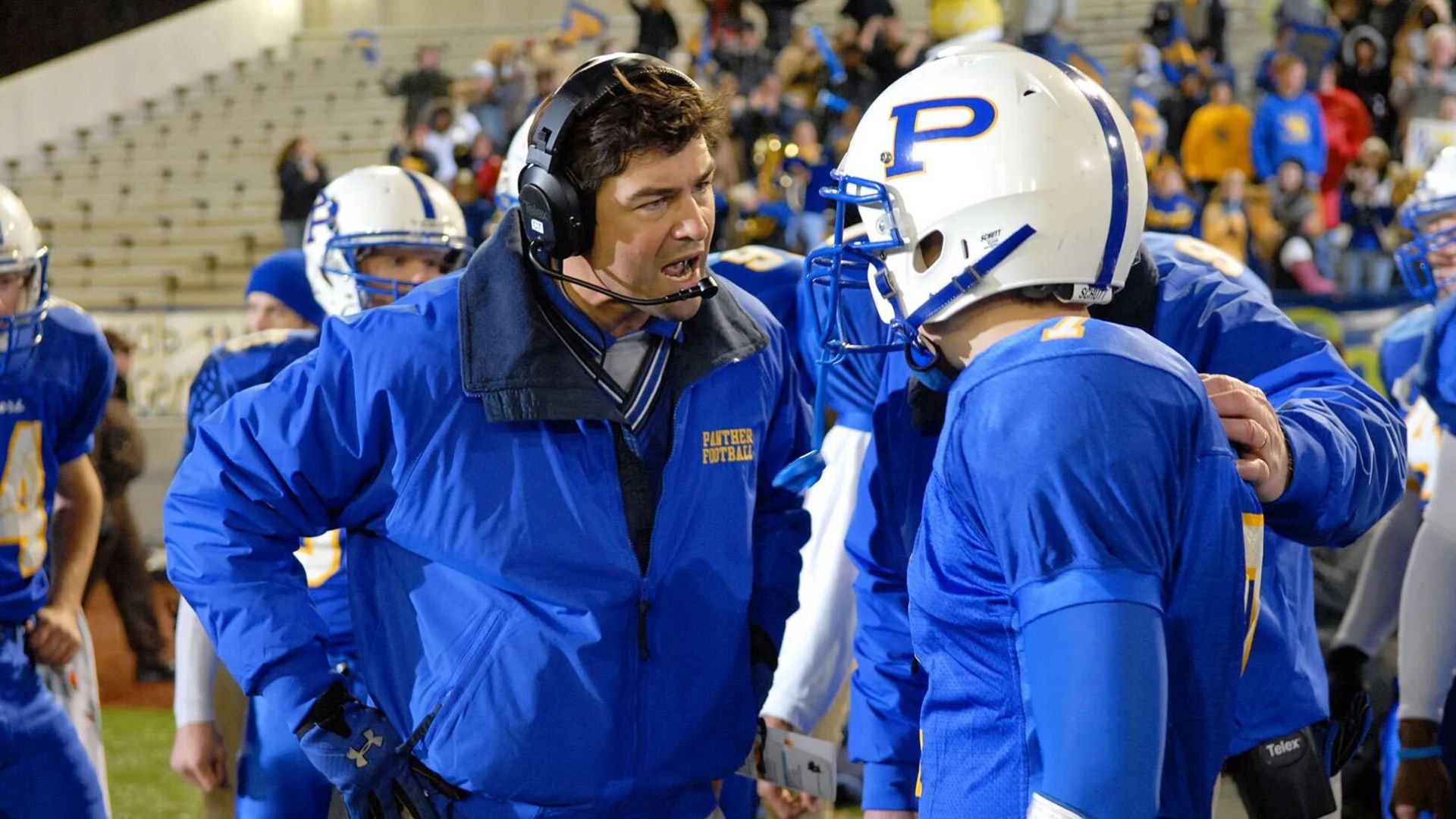Asner was constructively curmudgeonly, his directness based in his impatience with injustice. It led him to be an outspoken advocate for causes from the 1980 actors’ strike, and then serving as president of the Screen Actors Guild, to support for the Equal Rights Amendment, the Freedom of Information Act, Public Citizen, and opposition to American intervention in El Salvador. He told the Washington Post, “I’m quite comfortable and believe I have an ability to speak out, perhaps sometimes too rashly, but I think in this day and age there are far too many who don’t speak out at all. I would consider it an attribute.” In 2020, he joined other actors in suing the union, now SAG-AFTRA, over reductions in benefits, with a characteristically fiery comment: “They can’t get away with this. This is criminal.” Having a son and grandsons on the autism spectrum inspired Asner’s involvement with the advocacy organization Autism Speaks. He also supported organizations providing resources for special needs children, undocumented immigrants, and the environment. Some of his advocacy caused controversy, including his challenges to the official reports on the 9/11 attacks.
Asner said that earlier in his career he feared speaking out would lose him jobs in show business. But once he achieved some success, “I hope to furbish my identity as a concerned human being. If it costs the actor, then so be it.”
He was classically trained in addition to his work with Strasburg, but Asner was often relegated to law enforcement roles due to his stocky build and gruff voice in the early days of his career. It would take time to discover that Asner was a talented, versatile actor with a wide range. He played Santa Claus (“Elf,” “The Story of Santa Claus,” and more), Jabba the Hutt (on radio), the captain of a ship carrying captured Africans to be sold into slavery (“Roots”), a rabbi (“The Golem,” “Hopelessly in June”), and a bishop (“Forgive Me”), as well as real-life characters mobster Meyer Lansky (“Donzi: The Legend”), the pope (“Papa Giovanni: Ioannes XXIII”), billionaire Warren Buffett (“Too Big to Fail”), and Franklin Roosevelt (on stage). He appeared with Jane Fonda, Warren Beatty, Marc Maron, Sarah Silverman, and Elvis Presley twice.
Asner’s best-remembered roles had him playing tough, sometimes irascible, forceful characters, who might, somewhere, have some hidden tenderness. The prime example is, of course, his multiple Emmy-winning role in “The Mary Tyler Moore Show” as Lou Grant, the crusty and cynical producer of the nightly news show on a Minneapolis television station. Sharp-eyed viewers can glimpse a photo of the real Asner as a high school football player on the wall of Lou Grant’s office.
In the first episode, Grant interviews Mary Richards, who has applied for a job as a secretary. When she pushes back on some of his questions, he says, “You’ve got spunk!” He takes a beat while she smiles modestly. And then: “I hate spunk!” He ends up hiring her as an associate producer of the show only because it pays less than the secretary job. She has no training or experience in a newsroom, but he assures her, “If I don’t like you, I’ll fire you! If you don’t like me, I’ll fire you!” And thus began one of the most endearing relationships in the history of television, and a rare example of a work-based friendship without any romantic overtones (though one episode suggested they might have briefly considered it).
You can view the original article HERE.




























